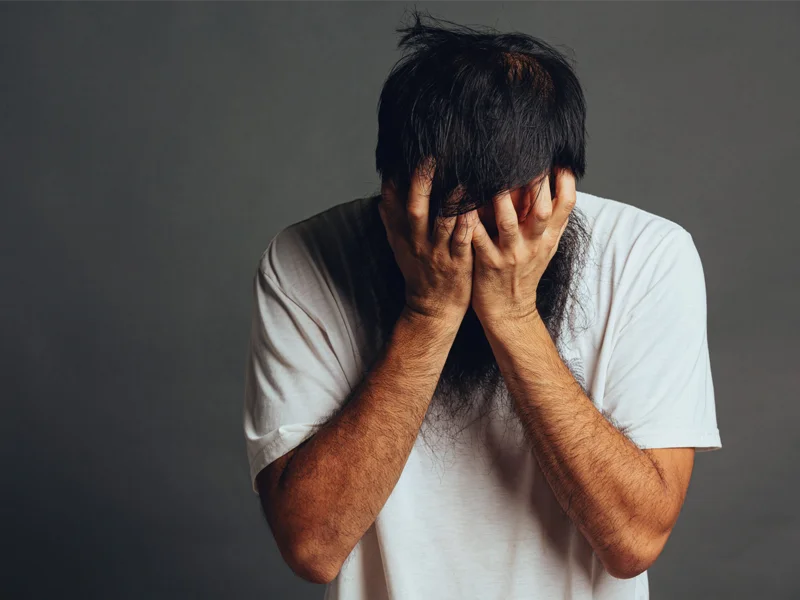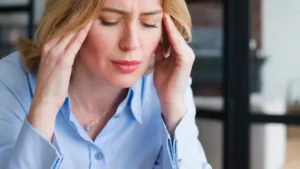Depression is a common mental health condition that affects millions of people in the United States. It can influence how you feel, think, and handle daily activities. Here is more information on this condition, including its causes, symptoms, various types, and treatment options:
What Is Depression?
Major depressive disorder, often called depression, is a medical illness that negatively affects your feelings, thoughts, and actions. It is characterized by persistent feelings of sadness and a loss of interest in activities you once enjoyed. This can lead to a variety of emotional and physical problems and can decrease your ability to function at work and at home.
Depression is different from temporary sadness or grief. While experiencing sadness after a loss or a difficult life event is a normal reaction, depression involves these feelings persisting for at least two weeks. It is a serious condition that may require long-term treatment.
What Causes It?
The specific causes of depression are not fully understood, but several factors can play a role. A combination of genetic, biological, environmental, and psychological factors often contributes to its development. Brain chemistry is one area of focus, as imbalances in neurotransmitters are linked to depressive symptoms.
Life events, such as trauma, the loss of a loved one, or significant stress, can trigger depression in some individuals. Chronic medical conditions, like heart disease or cancer, may be associated with the onset of depression. A family history of the condition can also increase the risk.
What Are the Symptoms?
Symptoms of depression range from mild to severe and must be present for at least two weeks for a diagnosis. A person may experience a depressed mood or a loss of interest or pleasure in most activities. Other symptoms include:
- Changes in appetite, leading to weight loss or gain unrelated to dieting
- Trouble sleeping or sleeping too much
- Loss of energy or increased fatigue
- Feelings of worthlessness or guilt
- Difficulty thinking, concentrating, or making decisions
- Thoughts of death or suicide
Not everyone who is depressed will experience every symptom. The severity and frequency of symptoms vary depending on the individual and their particular illness.
What Are the Different Types?
Major depressive disorder involves persistent symptoms that interfere with the ability to work, sleep, and eat. Another type is persistent depressive disorder, or dysthymia, which is a depressed mood that lasts for at least two years. Other forms include postpartum depression, which affects some women after giving birth, and seasonal affective disorder (SAD), which is related to changes in seasons.
How Is It Treated?
Treatment typically involves a combination of approaches, customized to the individual’s specific needs. Psychotherapy engages individuals with a mental health professional to address symptoms. Cognitive-behavioral therapy (CBT) is one such form, helping individuals identify and modify unhelpful thought patterns.
Medication, specifically antidepressant medications, may be prescribed to influence brain chemistry. The appropriate medication and dosage often require a period of adjustment to achieve the desired effects. Lifestyle modifications, such as regular physical exercise, a balanced diet, and sufficient sleep, can significantly contribute to overall mental well-being.
Support-oriented therapy models, such as family or group therapy, also provide a structured environment for individuals to process challenges and receive collective support. In instances where other interventions prove insufficient, advanced options may be evaluated. Transcranial magnetic stimulation (TMS) is a brain stimulation therapy that affects neurotransmitters responsible for regulating mood.
Seek Professional Guidance Today
Depression is a treatable medical condition. Understanding its symptoms, causes, and available treatments is a valuable step toward effective management and recovery. If you or someone you know is experiencing symptoms of depression, consult a healthcare professional.















